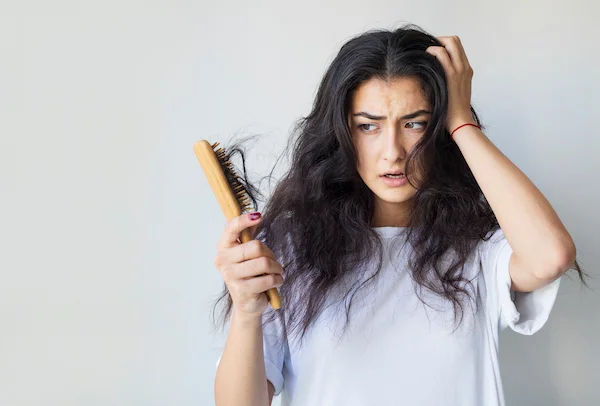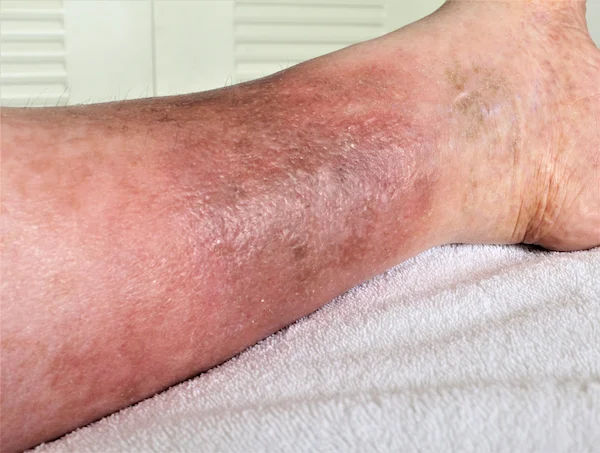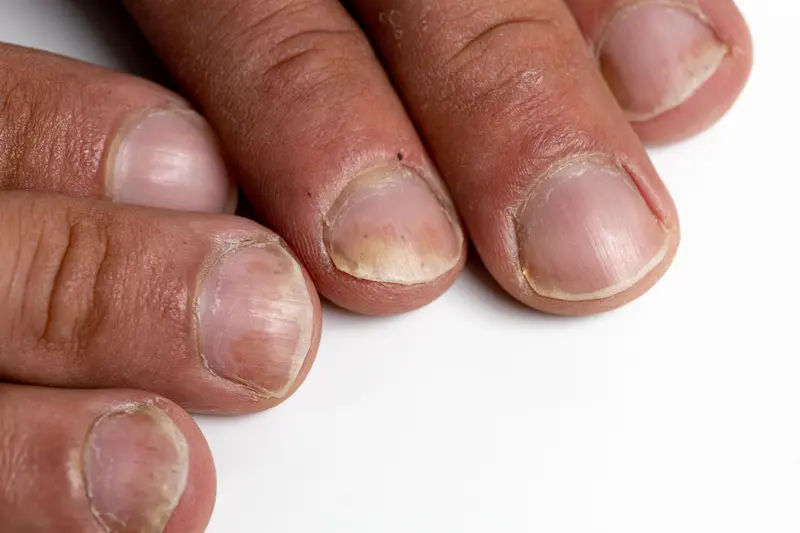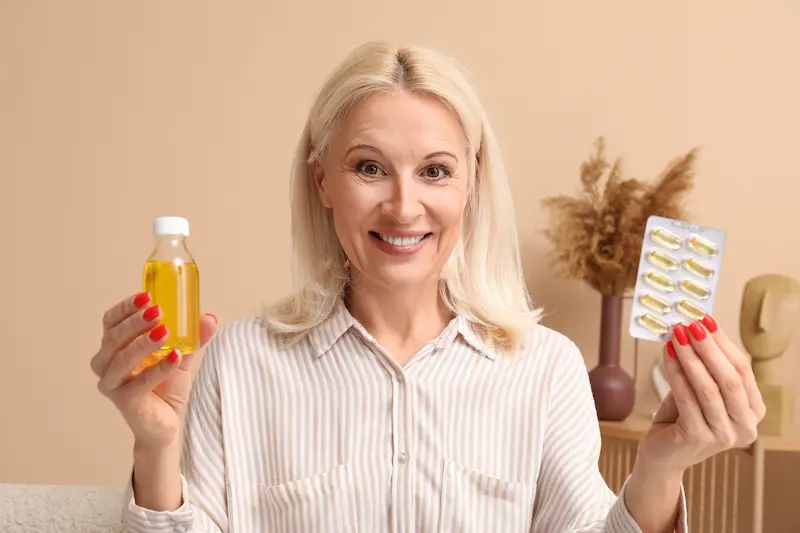- Male
- 25 Years
- 22/01/2025
I've been dealing with seborrheic dermatitis for about six months and have noticed I've lost almost 40% of my hair density. The hair loss stopped when I started treating the seborrhea, so I'm pretty sure that's what's behind it. My symptoms were mostly just bad dandruff, no itching or redness. Do you think my hair will grow back?
More Dermatology Health Queries
View allI'm really worried because my armpits have been burning a lot lately, and I've tried using Aloe vera gel, but now there's a ton of itching. I was considering laser treatment to help with these awful dark spots on my skin, but I'm not sure if it's a good idea. What do you think I should do?
kk
Answered by 1 Apollo Doctors
I'm really worried about using Emolene because I keep hearing it's packed with chemicals and might not be safe. My skin is super sensitive and dry, and I'm afraid it might cause breakouts. Do you think it's okay to use, or should I look for something else?
Emolene cream is generally considered safe for use on sensitive and dry skin. It is a moisturizing cream that helps to hydrate and soothe the skin. However, as with any skincare product, there is a possibility of individual sensitivity or allergic reactions to certain ingredients. It is always recommended to do a patch test before using it on a larger area of the skin. Emolene cream does not typically cause breakouts, but if you have a history of acne-prone skin, it is advisable to consult with a dermatologist before using it extensively. The key is to use a small amount initially and monitor how your skin reacts. If you experience any redness, itching, or irritation, discontinue use and seek medical advice.
Answered by 1 Apollo Doctors
I've been struggling with a baldness issue for the past six years. Now it seems like my crown is completely bald or there's just the tiniest bit of hair left. What can I do about this? Are there any treatments that might help with regrowing or thickening hair in that area?
There are multiple causes for hair fall visit Dermatologist or Trichologist for appropriate management above this consume balanced diet and maintain healthy life style.
Answered by 1 Apollo Doctors
Disclaimer: Answers on Apollo 247 are not intended to replace your doctor advice. Always seek help of a professional doctor in case of an medical emergency or ailment.






